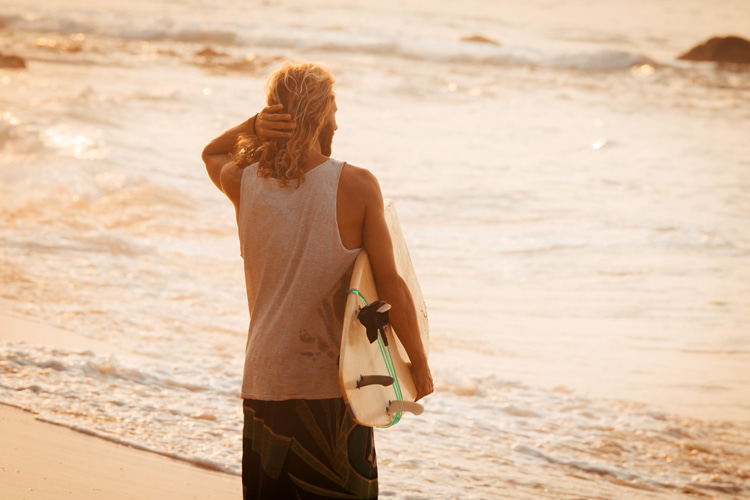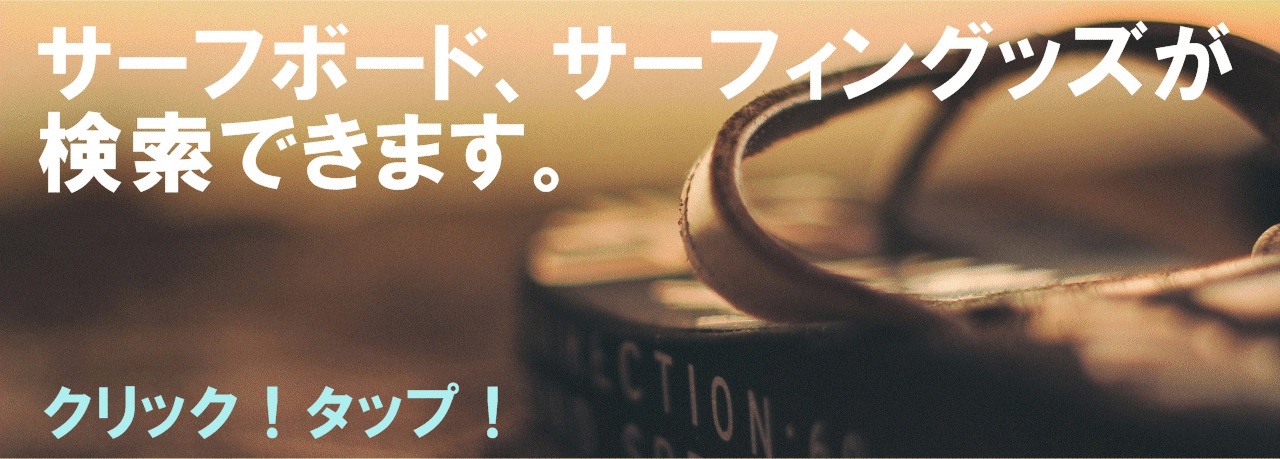How to protect your surfer hair from the sun’s UV rays and saltwater

The sun’s ultraviolet (UV) rays and seawater’s minerals can be both beneficial and harmful to your hair and scalp. So, where do we draw the line?
Long is the time when surfers used a weird chemical combination of wax, the sun, and saltwater to get that well-known sun-bleached surfer’s hair.
Today, information spreads faster, and urban myths like all year-round tanned skin are no longer seen as healthy practices and lifestyles.
Surfers are pretty much overexposed to natural elements like UV rays, saltwater, sand, and wind compared to non-wave riders.
Therefore, they must know at which point their well-being could be compromised.
When it comes to hair-and-scalp health, UV rays and saltwater are surfers’ best allies but also their most harmful enemies.
With aging and the accumulation of hours of exposure to these powerful elements, the risks and disadvantages surpass the benefits.
Sun’s UV Rays: Pros and Cons
Let’s start with a quick round-up of the pros and cons of the sun’s UV rays on human hair:
Pros
- It provides minerals to both the hair and scalp;
Cons
- It dehydrates hair, leaving it dry and brittle by removing natural moisturizing oils;
- It fades hair dye more quickly;
- It damages hair structure, increasing the likelihood of split ends;
- It irritates the scalp, potentially causing dandruff-like symptoms;
- It causes skin irritation, including redness and minor abrasions;
- It potentially worsens acne by clogging pores;

Saltwater: Pros and Cons
Now that we’ve identified the positive and negative impact of sunlight on a surfer’s hair, let’s dissect the influence of saltwater:
Pros
- It stimulates vitamin D production, benefiting skin and scalp health;
- It can help manage conditions like dandruff and psoriasis due to UV’s antifungal and antibacterial properties;
- It has a natural hair-lightening effect (though this is actually a sign of damage);
Cons
- It generates free radicals that can harm hair;
- It damages protective lipids and removes natural oils, leading to dryness;
- It degrades essential amino acids needed for hair strength;
- It weakens hair structure, causing breakage and brittleness;
- It may cause scalp sunburn, especially in thinning areas;
- It reduces the effectiveness of protective melanin pigments;
Prevention and Care
Surfers of all ages should take simple measures to mitigate the harmful consequences of hours of daily exposure to ocean water and sunlight.
There are ten simple actions you can introduce in your daily routine to improve the health of your hair and scalp.
- Pre- and post-surf care: Rinse with fresh water and apply protective conditioning (leave-in conditioner or coconut oil) before and after surfing;
- Strengthen and moisturize: Use protein treatments and natural hair masks regularly;
- Maintenance and UV protection: Trim hair regularly and use hair sunscreen products;
- Hydration and repair: Choose moisturizing shampoos, restorative conditioners, and incorporate reparative products;
- Heat and sun management: Reduce heat styling and minimize direct sunlight exposure;
- Gentle care: Use a wide-tooth comb for detangling and a silk pillowcase for nighttime protection;
- Scalp health: Pay attention to scalp care and develop a hair-friendly shower routine;
- Product awareness: Avoid harmful hair care ingredients (sulfates, parabens, formaldehyde and formaldehyde-releasing preservatives, alcohol, silicones, phthalates, synthetic fragrances, propylene glycol, triclosan, and polyethylene glycols);
- Balanced protection: Find the right balance between sun protection and maintaining healthy hair;
- Holistic approach: Combine protective measures with regular maintenance for overall hair health;

Hair and Vitamin D
We often hear that humans need a daily fix of exposure to sunlight to ensure we absorb enough vitamin D.
The thing is, your hair doesn’t necessarily require direct sunlight – your body does for overall health, including hair health.
Adults need about 15 micrograms of vitamin D daily, which can come from sun exposure, supplements, or vitamin D-rich foods like oily fish, egg yolks, and fortified products.
The amount of sun exposure needed varies based on factors like body exposure percentage, season, and climate.
In summer, a few minutes with 25 percent body exposure might suffice, while winter might require up to 2 hours with 10 percent exposure in colder regions.
However, and this is important, your scalp and hair don’t need direct sun exposure to benefit from vitamin D – skin absorption is enough.
It’s wise to protect your hair from sun damage in hot weather.
While sunscreen reduces UV absorption, it’s crucial to limit unprotected exposure based on the UV index and your skin sensitivity.
A water sports participant can, for instance, use a surfer hat.
Interestingly, lack of sunlight itself doesn’t cause hair loss – it’s vitamin D deficiency that may accelerate existing hair shedding.
These are two different things.
Studies have shown a correlation between vitamin D deficiency and excessive shedding in conditions like telogen effluvium (rapid hair loss due to stress) and androgenetic alopecia.
However, increasing vitamin D intake isn’t likely to stop or reverse hair loss, though it may help prevent additional shedding.
Vitamin deficiencies generally accelerate existing hair loss rather than causing new loss.
Words by Luís MP | Founder of SurferToday.com



